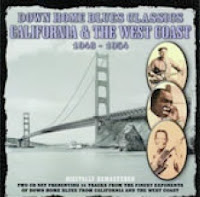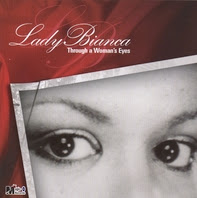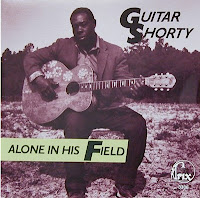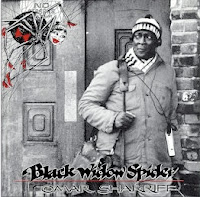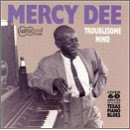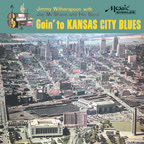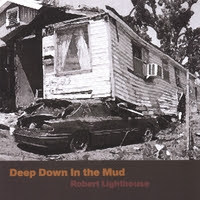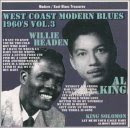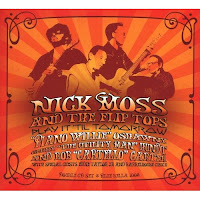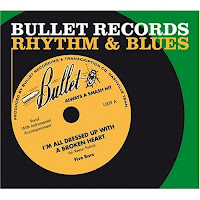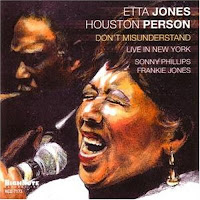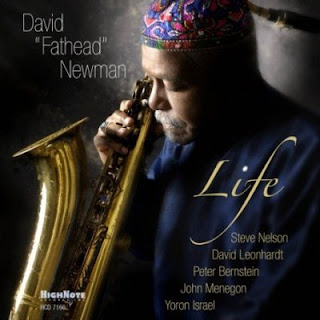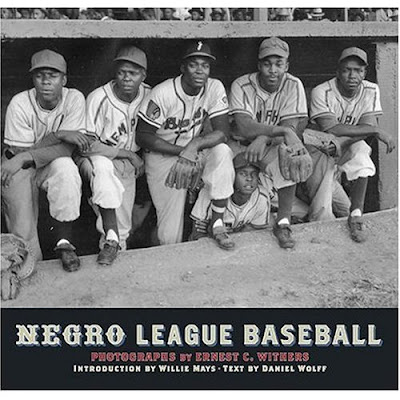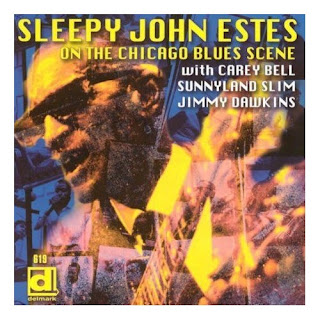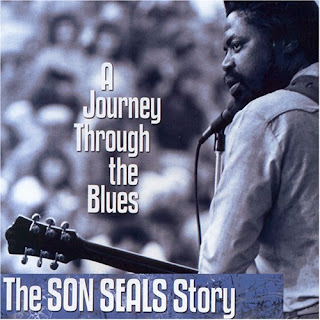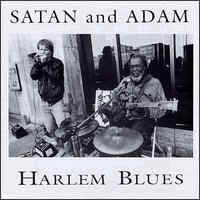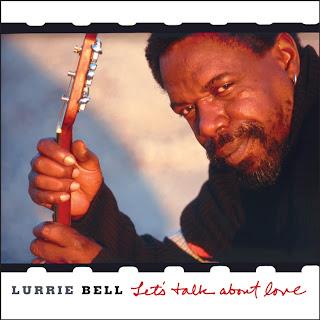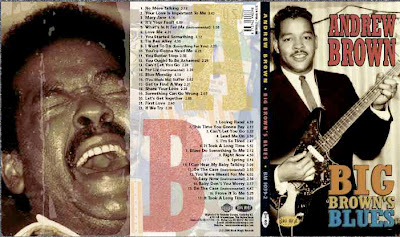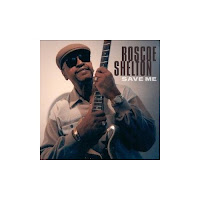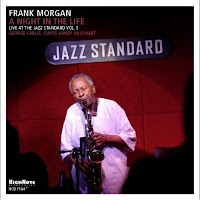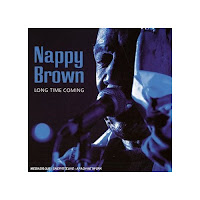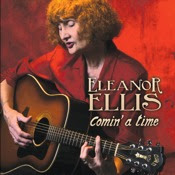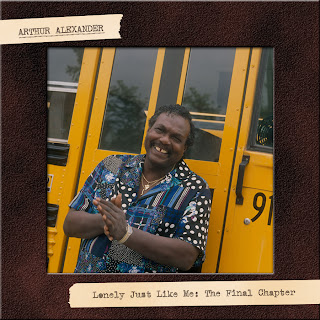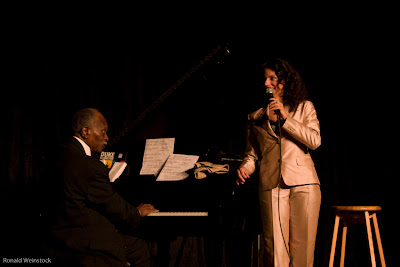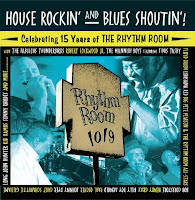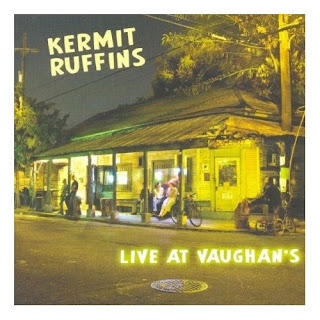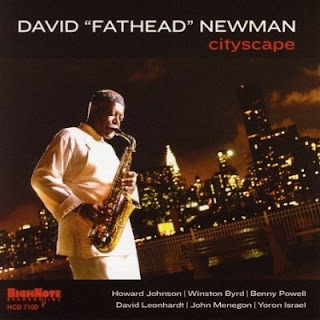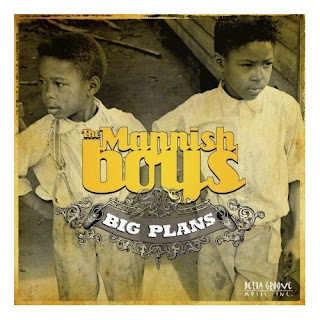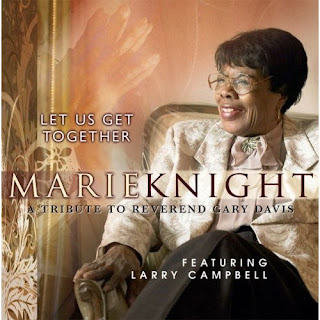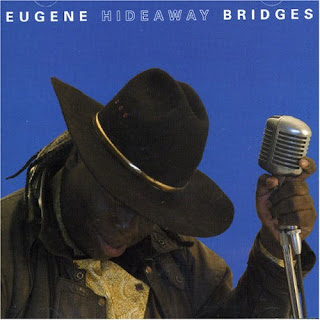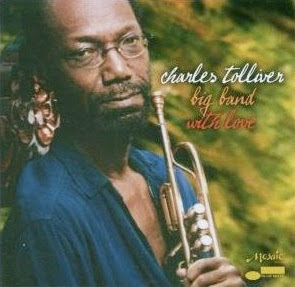 Completing my lists of recordings I found outstanding from 2007 is a list of Jazz. This list includes new and historical releases. I have linked several of the releases to appropriate prior blog entries.
Completing my lists of recordings I found outstanding from 2007 is a list of Jazz. This list includes new and historical releases. I have linked several of the releases to appropriate prior blog entries.Ahmed Abdullah - Solomonic Quintet - (Silkheart). Strong freebop session
Louis Armstrong - In Scandinavia (Storyville) 4 CDs that include 1933 performances said to be first live jazz recordings. Others date from 1952-1967.
Peter Brotzmann - The Complete Machine Gun Sessions - (Atavistic) Free jazz to cleanse your soul by in these reissued recordings.
Von Freeman - Good Forever (Premonition) Another great session by the great Chicago tenor.
Janine Gilbert-Carter - Live at the 15th Annual FMJS East Jazz Festival (Jazz Karma) She is DC artist and a terrific vocalist at 2006 performance.
Clifford Jordan - Glass Bead Games (Harvest Song) Reissue of legendary Strata East double album by neglected tenor saxophonist with two different quartets. Bassist Bill Lee (Spike's dad) is heard on some of these performances.
King Oliver - Off The Record: The Complete 1923 Jazz Band Recordings (Off the Record -Archeophone). Amazing reissue of legendary recordings. These recordings have never sounded as good as they do here.
Mel Martin/Benny Carter Quintet - Just Friends (Jazzed Media®) Marvelous album of live performances issued to help celebrate centenary of legendary Benny Carter
Frank Morgan - A Night in the Light: Live at the Jazz Standard Vol. 3 (HighNote) Recently he passed away and this is stupendous disc.
Houston Person with Bill Charlap - You Taught My Heart to Sing (HighNote)
Quintette Marianne Trudel - Live: Sands of Time (TRUD) Marvelous recording, mostly live by wonderful pianist and composer with a solo track, several trio tracks and her marvelous quintet. (link is to blog entry on her and not review of this disc)
Soul Con Timba - Live at Bohemian Caverns (DEJF) Recorded in DC and a terrific fusion of Latin jazz and hard bop.
Charles Tolliver Big Band - With Love (Mosaic/Blue Note) Superb big band album by trumpeter and composer who made a number of challenging recordings in the sixties and seventies that have never received the acclaim they merited. Hot big band with terrific arrangements and brings fresh approach to Monk's 'Round Midnight.
Various - Gypsy Jazz (Proper) 4CD reissue (with excellent booklet) of Django Reinhardt, his contemporaries, associates others including Baro Ferret, Oscar Aleman, and Stéphane Grappelli.
Bennie Wallace - Disorder at the Border (Enja/Justin Time) Great tribute to Coleman Hawkins by tenor player with superb band.
Larry Willis, Blue Fable (HighNote). Excellent quintet date with bassist Eddie Gomez, and drummer Billy Drummord, with three tracks also having saxophonist Joe Ford and trombonist Steve Davis.



